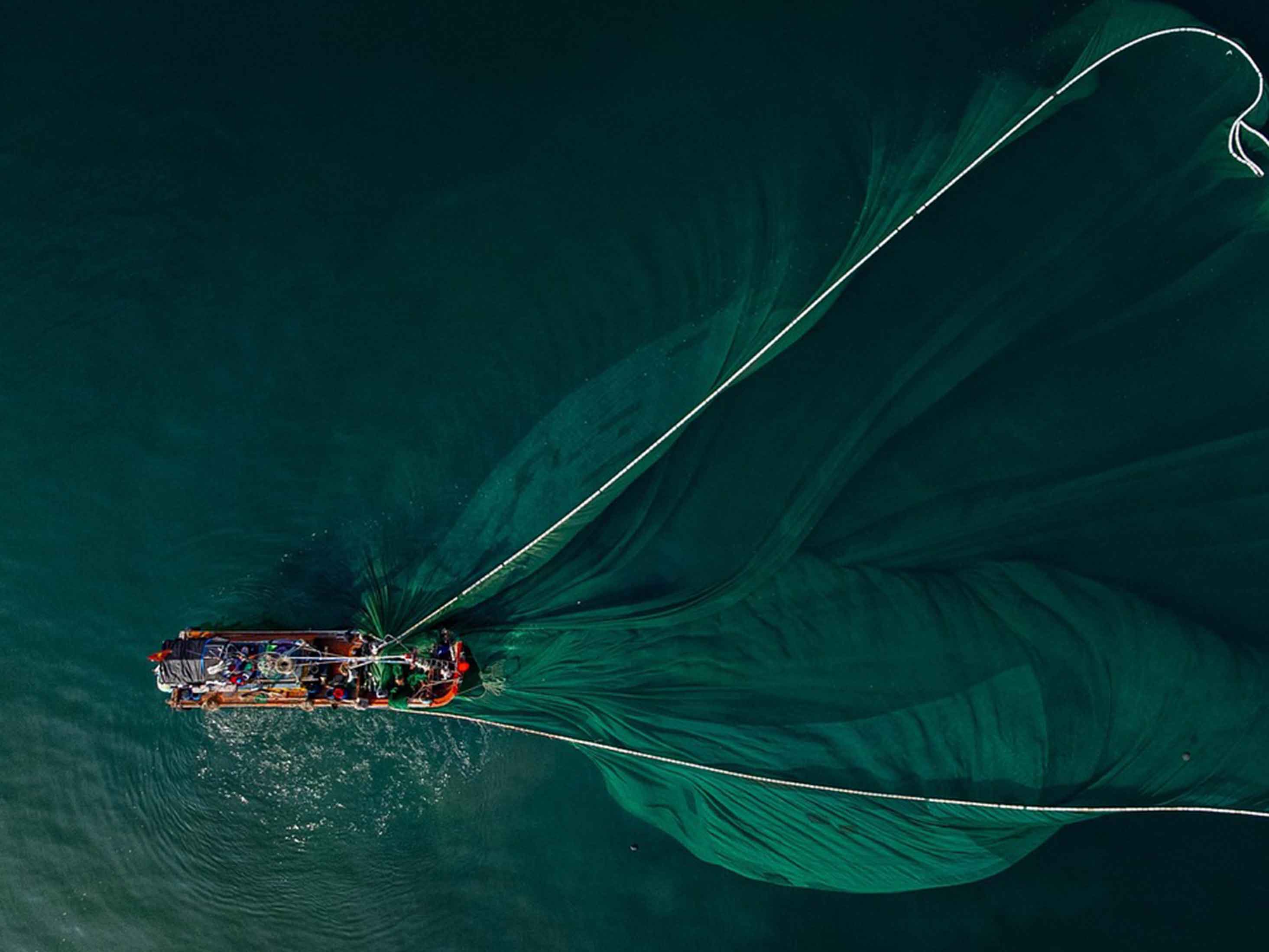
Bottom trawling reduces biodiversity in the Mediterranean
Fishing activities and certain oceanographic variables have a significant impact on the biodiversity of communities living in contact with the Mediterranean seabed. This is the main finding of a recent study published in Scientific Reports, conducted by OGS in collaboration with ISPRA. The study analysed data collected between 2014 and 2020 in different areas of the basin and showed how bottom trawling reduces seabed biodiversity. Areas less affected by trawling have higher biodiversity and greater abundance of sensitive and commercially valuable species.
The researchers used statistical modelling to separate the effects of fishing from those of environmental variables such as temperature, oxygen concentration, depth and substrate type. For these models, they used open access data provided by the European Commission's Joint Research Centre (JRC) as part of the Mediterranean International Trawl Survey, an international scientific monitoring programme for the bottom resources of the Mediterranean Sea.
The results confirm that environmental variables and some fishing activities have different impacts on biodiversity depending on the area, while trawling has a consistently negative impact. Trawling has a consistently negative impact. It reduces the uniqueness and variability of community composition and reduces the abundance of sensitive organisms such as sharks and rays.
The study provides valuable information for a more sustainable management of marine resources in line with European directives for the protection of the marine environment.
Photo credits: Nghĩa Đặng/Pixabay
